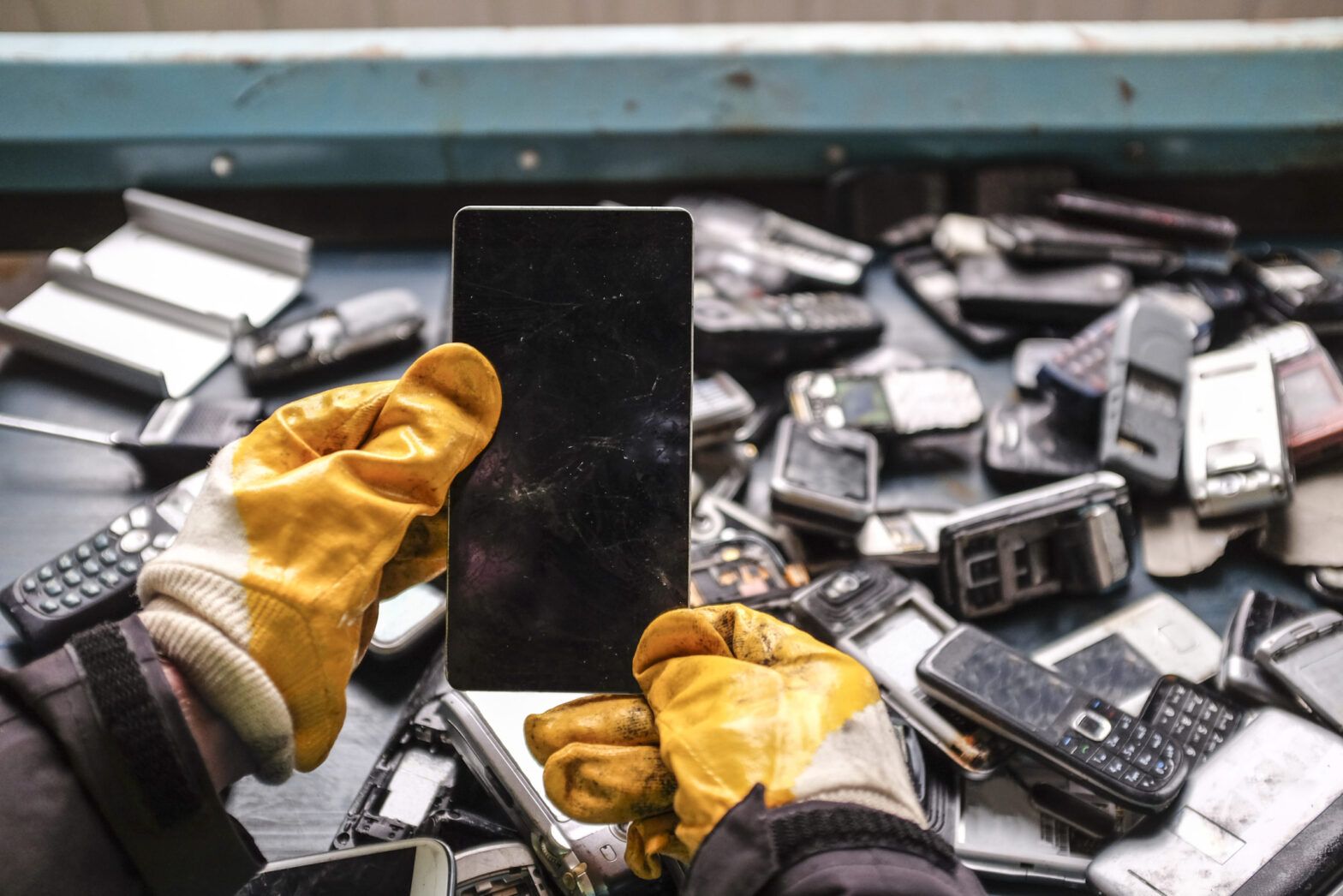A circular economy action plan, including proposals to legislate on sustainable products, was agreed by the European Commission last week.
The plan forms one of the main “building blocks” of the European Green New Deal, according to the Commission, which stated the aim of the agreed measures is to ensure resources used in the EU are kept in the EU economy for as long as possible.
Key elements of the action plan are:
Making sustainable products the norm
The Commission has said it will propose legislation on sustainable product policy. It stated this is to “ensure products placed on the EU market are designed to last longer, are easier to reuse, repair and recycle, and incorporate as much as possible recycled material instead of primary raw material.”
The Commission also intends for single-use products to be restricted and premature obsolescence to be tackled and. It also said the destruction of unsold durable goods will be banned.
Empowering consumers
The Commission wants consumers in the EU to have access to reliable information on things like the reparability and durability of products so they can make environmentally sustainable choices. EU consumers, the plans stated, will benefit from a “right to repair”.
Focusing on resource-intensive sectors
Following on from the agreed plan, concrete actions are due to be launched on
- electronics and ICT – a “Circular Electronics Initiative” to have longer product lifetimes, and improve the collection and treatment of waste
- batteries and vehicles – new regulatory framework for batteries for enhancing the sustainability and boosting the circular potential of batteries
- packaging – new mandatory requirements on what is allowed on the EU market, including the reduction of (over)packaging
- plastics – new mandatory requirements for recycled content and special attention on microplastics as well as bio-based and biodegradable plastics
- textiles – a new EU Strategy for Textiles to strengthen competitiveness and innovation in the sector and boost the EU market for textile reuse
- construction and buildings – a comprehensive Strategy for a Sustainably Built Environment promoting circularity principles for buildings
- food – new legislative initiative on reuse to substitute single-use packaging, tableware and cutlery by reusable products in food services
Ensuring less waste
In an effort to avoid waste altogether and transform it into high-quality secondary resources, the commission will look at an “EU-wide, harmonised model for the separate collection of waste and labelling.” There are also measures to minimise EU exports of waste and tackle illegal shipments.
Executive vice-president for the European Green Deal, Frans Timmermans, said a fully circular economy is necessary for achieving climate-neutrality by 2050, preserving the natural environment and strengthening the EU’s economic competitiveness.
“Today, our economy is still mostly linear, with only 12% of secondary materials and resources being brought back into the economy.
“Many products break down too easily, cannot be reused, repaired or recycled, or are made for single use only.
“There is a huge potential to be exploited both for businesses and consumers. With today’s plan we launch action to transform the way products are made and empower consumers to make sustainable choices for their own benefit and that of the environment,” said Timmermans.
$4.5trn opportunity
Rebecca Craddock-Taylor, sustainable investment director at Gresham House, emphasised the financial opportunity the circular economy presents.
“Transitioning away from the current linear model based on ‘take, make and dispose’ will not be easy and will depend on buy-in from all areas of the economy. Yet the anticipated rewards are significant – analysis by Accenture suggests that shifting from a linear to a circular system represents a $4.5trn opportunity globally over the next decade,” she said.
However, Craddock-Taylor also noted the scale of the challenge: “Adopting circular business models requires a total re-evaluation of how value is created and delivered to customers.
“Consumers are fast realising the impacts of their consumption choices on our environment and are demanding more from companies in relation to the lifespan of products they purchase and their ability to recycle goods when they no longer need them.
“As a result, companies providing goods and services require both significant technological innovation and an acceptance that the linear model of living is unsustainable for our world and their long-term business strategy.”
Regional independence
A sense of urgency came through from those commenting on the action plan. David Czupryna, head of ESG development at Candriam, said “the EU Green Deal will not become a reality without [these circular economy measures.]”
He commented that the circular economy is a way for the region to become more independent in terms of energy and raw materials, particularly important right now regarding Europe’s severely damaged relationship with Russia.
Czupryna said he sees plenty of scope for Europe to take the lead on this area of economic innovation: “Europe is ripe for a major acceleration in its circularity. Companies developing innovative solutions to recycle textile and PET for instance, two areas highlighted by the Commission, are about to reach production and start to scale up.”
No time to lose
But he warned the EU must account for the time lag in such changes to products.
“One of the key tenets of the EU’s action plan is the conviction that circularity is to a large extent determined at product design phase. The cars, electronic gadgets, furnitures, etc of tomorrow are being designed today. In order not to waste another few years and making our economies significantly more circular, it is paramount for the commission to deliver its legislative proposals shortly and make this plan a reality,” he said.
Rupert Bellinghausen, partner at Linklaters stressed the role companies have to play in circular economy: “New obligations – from ecodesign requirements to digital product passes and the prevention of destroying unsold products – require companies to rethink production and supply across sectors and industries.
“The option of proposing self-regulating measures to meet ecodesign requirements is an important way in which companies can get involved in shaping future obligations.”








